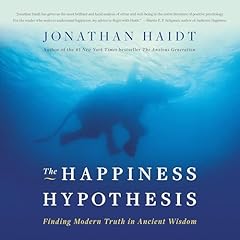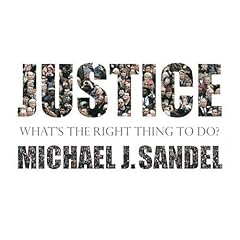
Right & Wrong
How to Decide for Yourself
No se pudo agregar al carrito
Add to Cart failed.
Error al Agregar a Lista de Deseos.
Error al eliminar de la lista de deseos.
Error al añadir a tu biblioteca
Error al seguir el podcast
Error al dejar de seguir el podcast
 Exclusivo para miembros Prime: ¿Nuevo en Audible? Obtén 2 audiolibros gratis con tu prueba.
Exclusivo para miembros Prime: ¿Nuevo en Audible? Obtén 2 audiolibros gratis con tu prueba.Compra ahora por $19.10
-
Narrado por:
-
Charles 'Bud' Tingwell
-
De:
-
Hugh Mackay
Los oyentes también disfrutaron:




















Reseñas editoriales
Few of us are lucky enough to have lived a life fully free of qualms about right and wrong, a life in which moral and immoral choices are universally clear-cut and easily identifiable. With this in mind, Hugh Mackay has penned an engaging and accessible work intended to help listeners thoroughly examine the concepts of right and wrong and ultimately begin to define their own moral compasses.
Bud Tingwell’s authoritative performance adds a lot to this thoughtful and practical guide. His slightly stern voice communicates calmness and objectivity as he moves through the audiobook at a steady pace, grounding listeners as they attempt to puzzle out some of the greatest and most eternal questions of human nature and behavior.
Reseñas de la Crítica
I am giving this four stars...
Se ha producido un error. Vuelve a intentarlo dentro de unos minutos.


